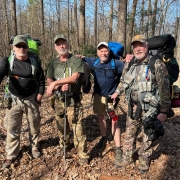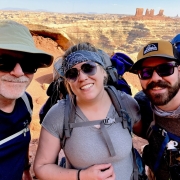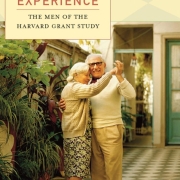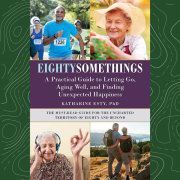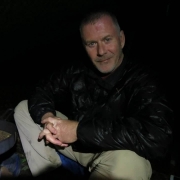How to Channel Your Parents (When They’re Gone) | Healthy Aging Series: S8, E7
“Kevin!” I’ve seen the movie (Home Alone) a 100 times and I can conjure up the scene where Kevin’s parents realize that he’s not on the plane while it’s on its way to Paris. It’s a cute movie. Kevin is “Home Alone.” No parents, no family members, and no Buzz. And let’s not forget the…

